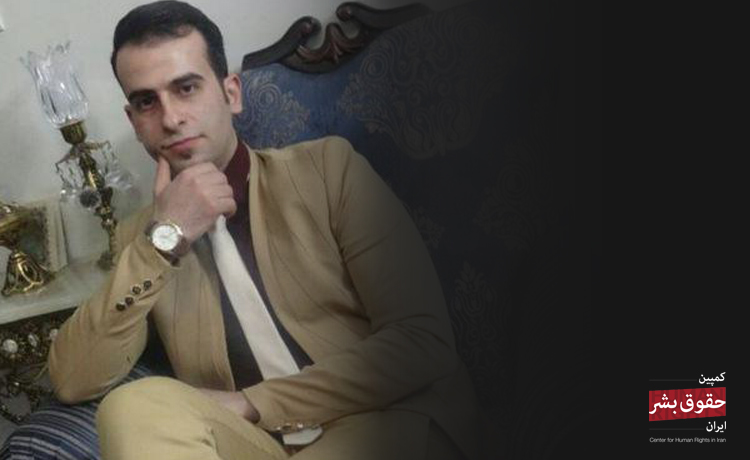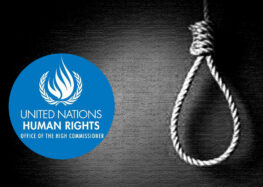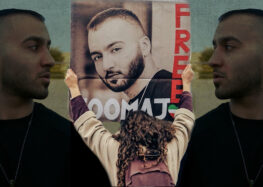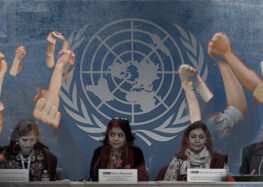Local Authorities in Iran Say They Will Investigate Shooting Death of Protester in Karaj
 A judicial investigation is underway in Iran to determine how 26-year-old shopkeeper Reza Otadi died from a bullet wound during a protest rally near Tehran on August 3, 2018, according to local officials.
A judicial investigation is underway in Iran to determine how 26-year-old shopkeeper Reza Otadi died from a bullet wound during a protest rally near Tehran on August 3, 2018, according to local officials.
Iranian authorities typically blame the deaths of protesters on alleged bad actors among the protesters or suicide while pressuring the victim’s family to avoid speaking publicly about the case.
“A special committee including a gun expert, the medical examiner, members of the Islamic Revolutionary Guard Corps, the policeand judiciary has been set up to look into the death of a young man during recent disturbances in Karaj,” said Reza Shakarami, the city’s lead prosecutor, on August 7.
Two days earlier, Shakarami had claimed that Otadi had been shot in the back from the direction of the protesters, implying the security forces that worked to repress the protests were not at fault.
While refusing to talk to the media or meet with civil rights activists, the Otadi family has welcomed the city’s political and religious officials in their home, including Governor Sirous Shaghafi, according to a report published by the hardline Fars News Agency on August 7.
“Our young son did not have any problem with the state or the revolution, and all we are asking for is that his killer be arrested,” said Otadi’s father. Neither Fars nor other Iranian outlets have published the father’s full name.
To silence the families of victims of state violence, the authorities have historically used a combination of sticks and carrots including financial incentives (a pension from the state-funded Martyr’s Foundation) and intimidation (threats by security agencies against relatives and their associates).
In a joint statement, four human rights groups including the Center for Human Rights in Iran (CHRI) urged the Iranian authorities to “end their cruel campaign of harassment and intimidation against the families of detainees who have died in detention under suspicious circumstances.”
“The only person who has been responsive during all this time has been Mr. [Mohammad] Shahriari, the head of the judiciary’s criminal division in Tehran, who has emphasized to us that he will pursue this matter and wants us to be patient,” Derafshan said. “But whether something is actually being done and will bear results, I don’t know.”
At least five detainees have died in state custody in Iran since January 2018. All but one of them were arrested at protests against state policies that have been ongoing throughout the country since the beginning of the year.






